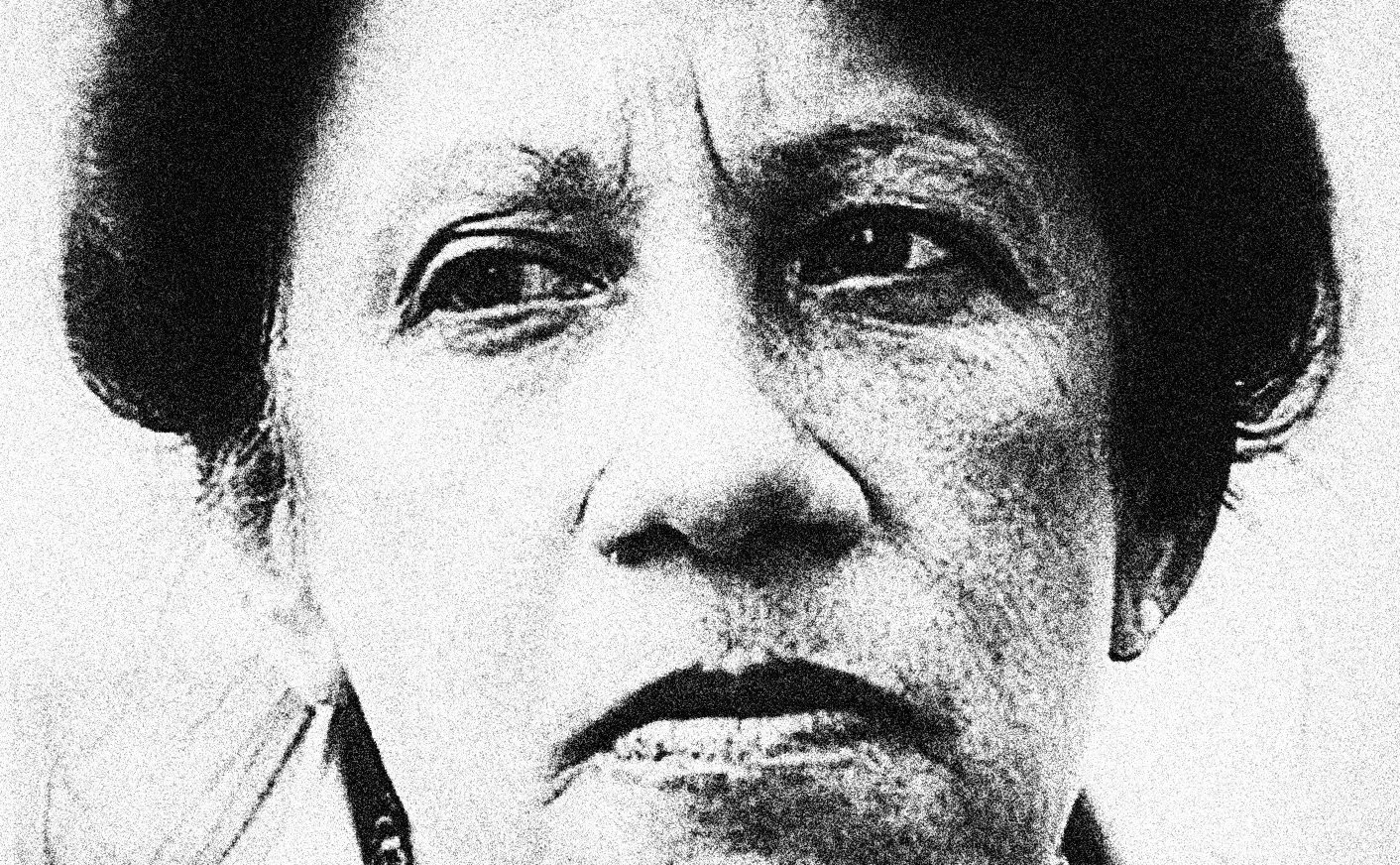In the 2nd Dulcie September Lecture, Professor Jonathan Jansen, a prominent educationist, argues the murdered ANC Paris representative was consciously forgotten by her own movement because she was a person of integrity and honesty.
1. Until recently, few South Africans knew about a woman called Dulcie Evonne September. In my talks on leadership to companies, universities, churches, NGOs etc. I would often end my talks by putting up three large photos of courageous leaders---Mandela, Tutu, and September. Everybody knew the two men; nobody knew this teacher from Bridgetown East Primary school who would become the ANC’s senior diplomat in France, Switzerland and Luxembourg.
2. I have come to conclude that there is a simple reason for that: she was airbrushed from nationalist histories including by her own political party. She was consciously, not accidently, being forgotten. The reasons for calculated forgetting will become clear in a moment.
3.That is why I have to acknowledge the persistence of Evelyn Groenink (a book or two) over the decades and the determination of Enver Samuel (an award-winning documentarian) in recent times to bring and indeed hold the remarkable life of Dulcie September at the center of national memory. Thank you, and congratulations on your groundbreaking works.
4. Much has been written about Dulcie September in recent times sometimes in the form of exceptional journalism (Sahra Ryklief, GroundUp) and sometimes in world-class academic publication (Maggie Davey, African Studies). So, I will not cover familiar detail of biography and politics and, of course, the assassination in Paris already available in ample if also less read writing.
5. What I thought I would rather reflect on the little time availed to me is the meaning of Dulcie September for South Africa today.
6. As I worked through the thick layers of documents generated by my research team on Dulcie September, the one thing that stands out is that of a principled (beginselvas) person. That is, someone whose politics was based on this simple notion of principle.
7.Among its many definitions, a principled person is someone who
“…acts with integrity and honesty, with a strong sense of fairness, justice and respect for the dignity of the individual, groups and communities. They take responsibility for their own actions and the consequences that accompany them.”
8. It was this notion of being principled that I learnt from prominent leaders of the Unity Movement growing up in Cape Town, and in which Dulcie September found her early values also so beautifully lived in someone who influenced both of our lives in profound ways, Neville Alexander.
9. A principled person makes no exceptions when it comes to their political organisations for the value of commitment is much more important than the ambitions of career. Consider this letter by Dulcie September to the ANC after a humiliating encounter in Paris on the occasion of a visit by the great OR Tambo:
“I can only ask that we seriously examine our atrocious methods of work and our attitude towards people … the question that is being posed is: is the ANC not used to working with women as equals?” (Open Secrets, Daily Maverick, 20 September 2017).
10. A principled person retains those core value commitments regardless of the regime in place. On this point I have little doubt, especially after reading Open Secrets and watching Murder in Paris, that the corruption of the arms trade under apartheid and into the democratic era is at the heart of the explanation for the assassination of Dulcie September. In other words, her unrelenting activism to expose the illicit arms trade threatened powerful men in the old regime as well as powerful men in the anticipated new regime. Why else would there have been such a dangerously threatening response inside and outside her party to Jacana Media’s attempt to publish her story (1)? Dulcie September could have changed course for personal benefit, like so many of her comrades, but a principled person does not.
11. Dulcie September would be outraged by the politics of the day. She would be puzzled by the liberation movement turned political party and its active defense of the autocrat and tyrant, Vladimir Putin, and his invasion of a sovereign, independent country. She might even have been amused by facile explanations like ‘they stood by us in the apartheid years’ when every principle of the freedom struggle was being crushed by the tanks of the Red Army. Expediency was not her thing; principle was.
12.It was also as a principled servant of the people that Dulcie September refused to be relocated by the ANC when it became clear that her activism on the arms deal was putting her life in jeopardy. But she had already suffered on principle: an exit person from her beloved country and family; imprisonment; torture; banishing orders. The commitment to principle, those higher order values, is not one of recklessness---she would be caught in South Africa and she would be killed in France---but one of conscious sacrifice. For Dulcie September, pursuing the truth in the bigger struggle for justice mattered more than life itself.
13. That is the meaning of Dulcie September and I pray that her principled life might inspire all of us to continue the fight for justice in a country that is coming apart at the seams because her own party had given up any pretense of principled politics long before there was state capture. For Dulcie then, and all of us now, the struggle continues.
The 2nd Dulcie September Lecture was delivered on March 29, 2022 in Freedom Park, South Africa.
Note (1): Evelyn Groenink’s book ‘Incorruptible’, on the murders of Dulcie September, Anton Lubowski and Chris Hani, was planned for publication by Jacana Media in 2005. The publication then was thwarted by many legal and physical threats. The book finally saw the light of day in 2018.


